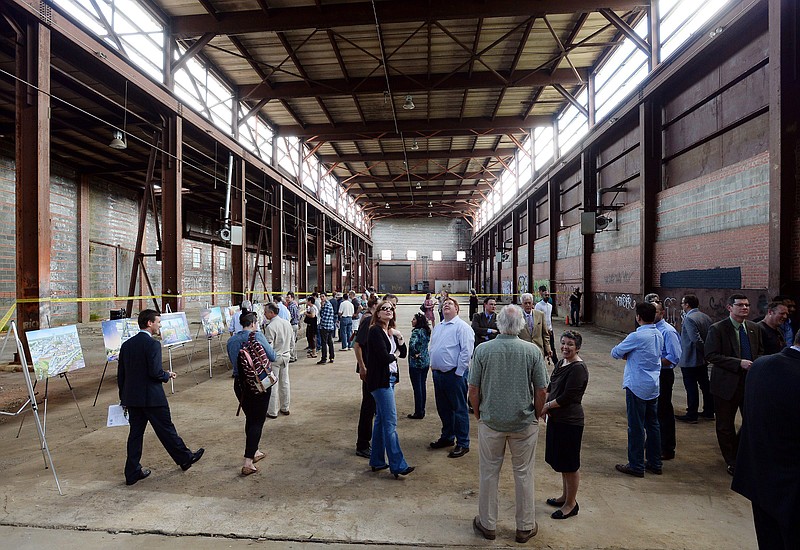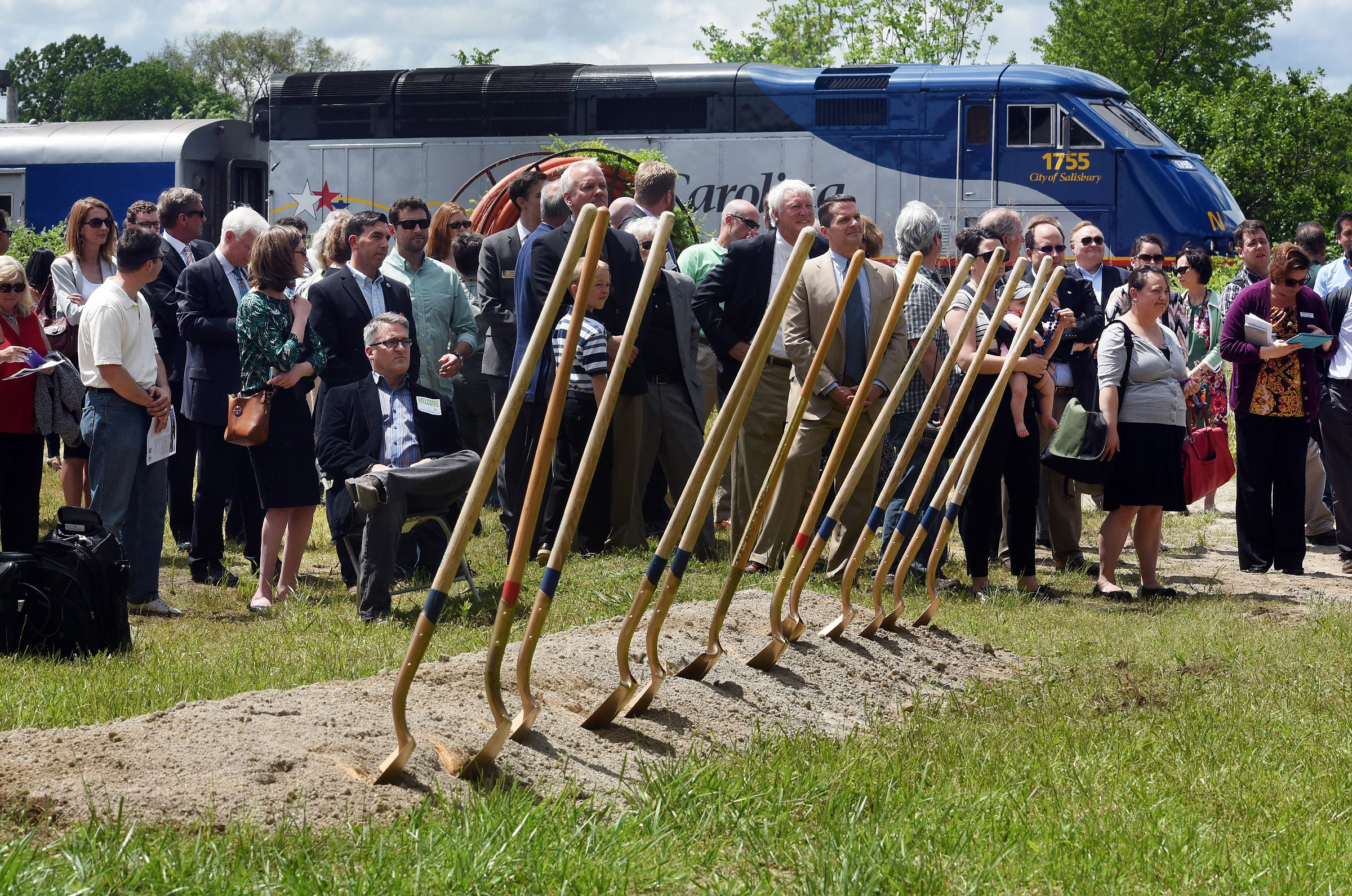RALEIGH, N.C. -- The nation's top transportation official says he's more optimistic that high-speed rail will eventually become a reality in the Southeast after Georgia and South Carolina expressed interest in a joint agreement between North Carolina and Virginia to study, coordinate and advocate for the project.
"You look across the country, the Northeast corridor is more than a constellation of states," U.S. Transportation Secretary Anthony Foxx told The Associated Press last week. "That multistate coordination just hasn't existed as strongly here in the Southeast. And that would be a really key part of starting something big."
North Carolina and Virginia established a compact to promote high-speed rail years ago, and officials in Georgia and South Carolina are now discussing whether they should join.
CLOSER TO HOME
A high-speed rail link between Chattanooga and Atlanta has been talked about for 20 years. The two states have spent some $8 million on studies but solid plans have been adopted.
Officials who advocate high-speed rail for the Southeast aren't talking about Japan-type speeds of 200 mph or more. Rather, the rails would allow for top speeds of 110 mph and average speeds between 85 mph and 87 mph. Speeds now top out at less than 80 mph.
Foxx met Wednesday in Raleigh with state Transportation Secretary Tony Tata, representatives from transportation departments in Georgia, Virginia and South Carolina, and others, including Amtrak officials, U.S. Rep. David Price and local officials. Foxx is a former mayor of Charlotte, which has a light rail system.
"I left the meeting very optimistic that there is an appetite for ramping up rail service," Foxx said.
The meeting was held two days before a Friday groundbreaking for an $80 million Union Station transit hub in Raleigh, scheduled to open in 2017.
North Carolina is using more than $500 million in recovery act funds to upgrade the rail line between Raleigh and Charlotte, while Virginia is doing environmental work necessary for higher-speed trains between Richmond, Petersburg and Raleigh, Foxx said.
The current demand isn't only for passenger rail but for lines that can handle a growing amount of freight coming to North Carolina ports in Wilmington and Morehead City, Tata said Friday.
Carlos Monje Jr., assistant secretary for transportation policy in the U.S. Transportation Department, warned at the Friday ceremony that Raleigh will grow from 425,000 people today to 727,000 in 30 years. Without more mass transportation, "it's going to be a mess," he said.
He sought support for funding that he said would allow other cities to build facilities similar to Raleigh's Union Station. Congress, he said, "hasn't funded high-speed rail in a meaningful way in a long time. ... We're looking for a future where we're not stuck in traffic."
Although South Carolina's population growth pattern differs from that of the other three states, officials there are discussing the possibility of joining the compact, said Doug Frate, director of intermodal and freight programs for that state's Transportation Department. "Obviously, we don't have the type of population centers that exist" in northern Virginian, North Carolina's Triangle and Charlotte areas and Atlanta, he said.
"That said, we are experiencing our own population growth and own growth patterns" that may need new types of transportation for both residents and visitors, particularly in the Charleston area, he said.
In a written statement, Georgia DOT spokeswoman Karlene Barron said the department would review information about the compact "and work collaboratively with the other states as it relates to Secretary Foxx's vision for the Southeast corridor."

